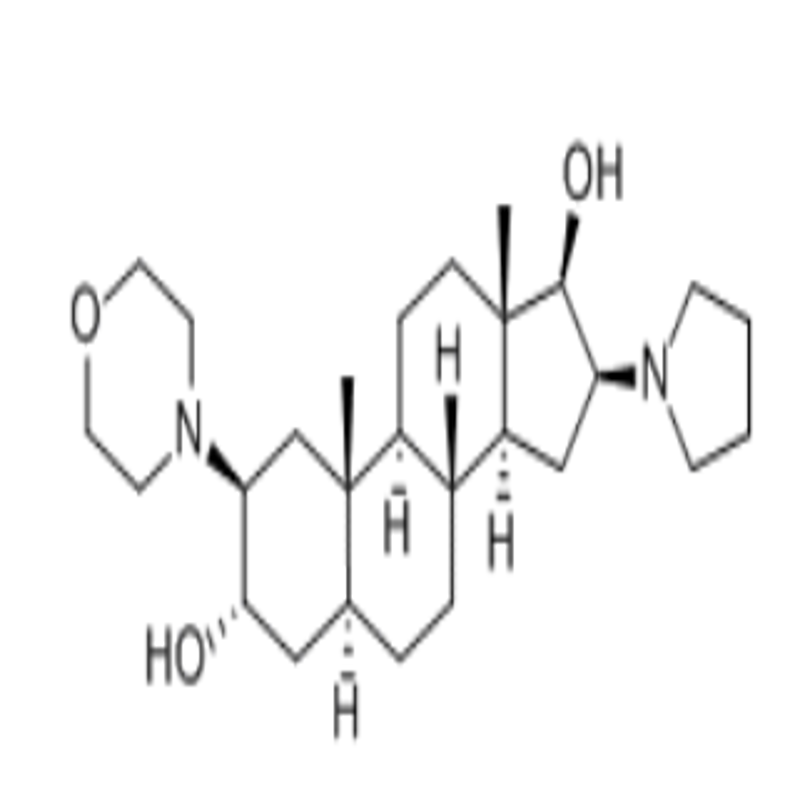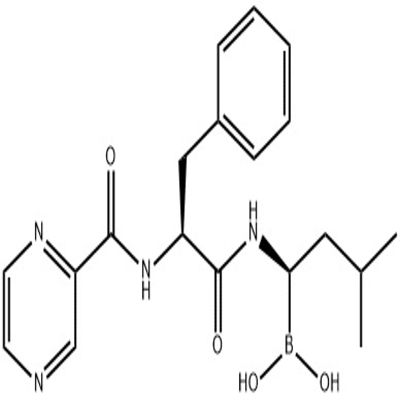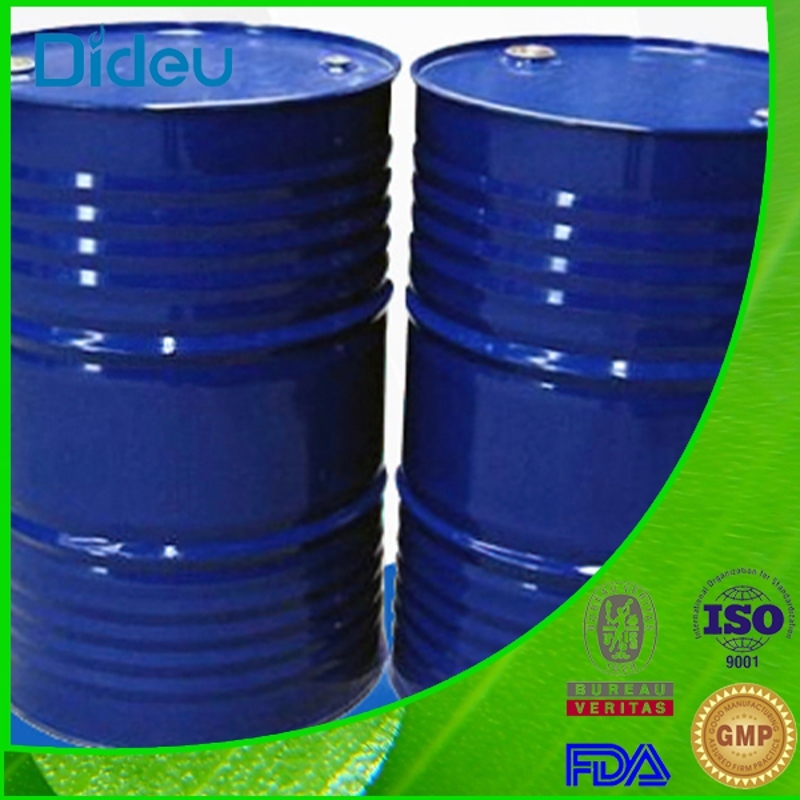-
Categories
-
Pharmaceutical Intermediates
-
Active Pharmaceutical Ingredients
-
Food Additives
- Industrial Coatings
- Agrochemicals
- Dyes and Pigments
- Surfactant
- Flavors and Fragrances
- Chemical Reagents
- Catalyst and Auxiliary
- Natural Products
- Inorganic Chemistry
-
Organic Chemistry
-
Biochemical Engineering
- Analytical Chemistry
-
Cosmetic Ingredient
- Water Treatment Chemical
-
Pharmaceutical Intermediates
Promotion
ECHEMI Mall
Wholesale
Weekly Price
Exhibition
News
-
Trade Service
The Applications of 1-(2-Thienyl)-1-heptanone in the Chemical Industry: An In-Depth Overview
1-(2-Thienyl)-1-heptanone, commonly referred to as thienylheptanone, is an organic compound that has various applications in the chemical industry.
The chemical formula for thienylheptanone is C9H10O or 1-((2S)-2-thienyl)(1H)-heptanone.
In this article, we will explore the different applications of thienylheptanone in the chemical industry.
One of the primary applications of thienylheptanone is in the production of perfumes and fragrances.
The compound has a unique and distinct odor that makes it an ideal ingredient in perfume formulations.
It is often used as a fixative, which helps to prolong the scent of the perfume.
Thienylheptanone is known for its ability to enhance the floral and woody notes of a fragrance, making it a popular choice among perfumers.
Another application of thienylheptanone is in the production of flavors and food additives.
The compound has a savory and slightly fruity flavor that makes it an ideal ingredient in the production of food flavorings.
It is often used in combination with other flavor ingredients to create a wide range of flavors, including fruity, floral, and spicy notes.
Thienylheptanone is also used as a food additive in certain processed foods, such as snacks and instant noodles, to give them a unique flavor.
In the pharmaceutical industry, thienylheptanone is used as an intermediate in the synthesis of certain drugs.
The compound is used in the production of anti-inflammatory and analgesic drugs, as well as certain antidepressants and anxiolytics.
Thienylheptanone is also being investigated for its potential anti-cancer and neuroprotective properties.
In the cosmetic industry, thienylheptanone is used as an ingredient in various personal care products, including soaps, shampoos, and lotions.
It is known for its ability to enhance the moisturizing properties of these products, making them ideal for dry and sensitive skin.
Thienylheptanone is also used in the production of sunscreens and other sun protection products, due to its ability to protect the skin from UV radiation.
In the paint and coating industry, thienylheptanone is used as a solvent and coalescing agent.
The compound is used in the production of water-based paints and coatings, as well as in the formulation of certain types of inks.
Thienylheptanone is known for its ability to improve the flow and leveling properties of these products, making them easier to apply and more durable.
Thienylheptanone is also used in the production of certain types of adhesives and sealants.
The compound is used as a solvent and plasticizer, which helps to improve the flexibility and strength of the adhesive.
Thienylheptanone is also used in the production of certain types of electronic components, such as printed circuit boards and displays, due to its ability to enhance the adhesion of the components to the substrate.
In the textile industry, thienylheptanone is used as a finishing agent and softener.
The compound is used to improve the texture and feel of fabrics, making them softer and more comfortable to wear.
Thienylheptanone is also used in the production of certain types of dyes and pigments, due to its ability to improve the color intensity and fastness of the dyes.
{start article







